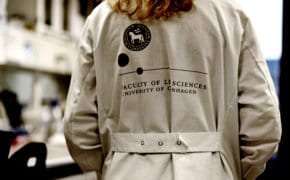Universitetsavisen
Nørregade 10
1165 København K
Tlf: 35 32 28 98 (mon-thurs)
E-mail: uni-avis@adm.ku.dk
Section
The brain accounts for around 20 per cent of the body's total energy consumption. Five questions to the professor who has helped map out how it works, and who is now going back into research

Danish Aliens Act eased up for non-European researchers. As part of a wide-ranging reform, researchers outside Europe can now work without a residence permit for up to three months

Social media are making us rude, writes Vincent Hendricks in an article originally published in The Conversation

Oil is adhesive and getting it out of the earth is a sticky problem. Chemist Theis Sølling has left his job at the University of Copenhagen and moved his family to Qatar to deal with it. He has been hired to figure out ways to squeeze more of the gluey crude up where it is needed.
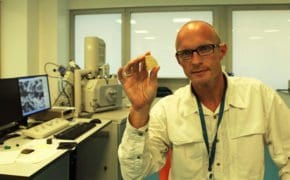
Financing now in place from private donations. The University of Copenhagen's Museum of Natural History will be in the heart of the city

He has got DKK 15 million so far for snake antivenom research and diverse projects. How on earth does he do it? The University Post sent him five questions
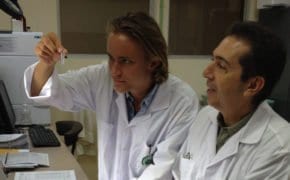
The University of Copenhagen has set up a new online tool that keeps track of project-related finances. 300 scientists and researchers are already using it

The number of International PhDs in Denmark is increasing. And two thirds of them find jobs in Denmark after studying here, reports think tank
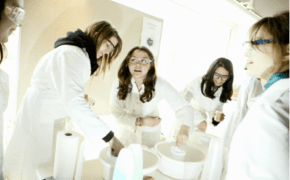
There are now more people enrolled on a free online course offered by the University of Copenhagen than at the university itself. 'Origins' is a course about the origin of everything
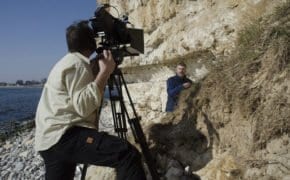
Survey among PhD students at the University of Copenhagen reveals their work, life and everything in between. Everyone who does a PhD is different, but this person is not. Say hello to Ms. Average
